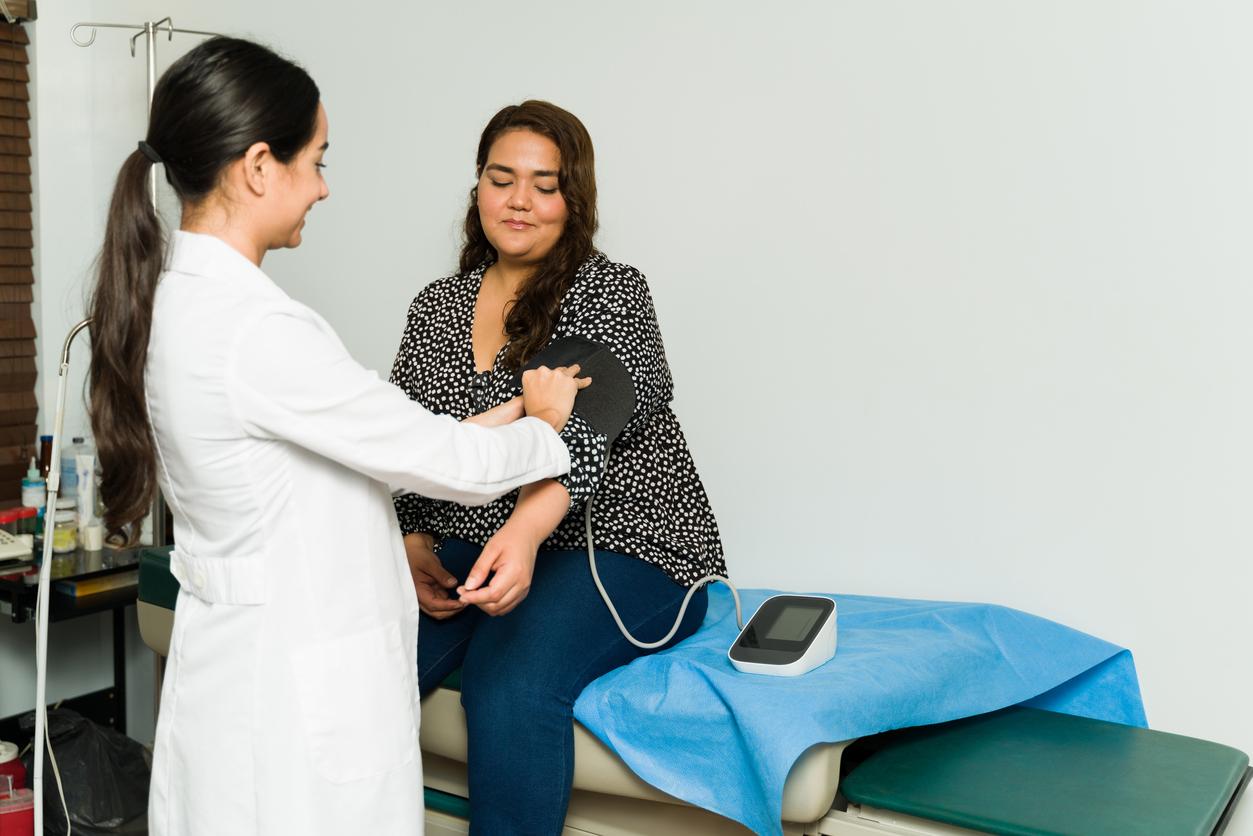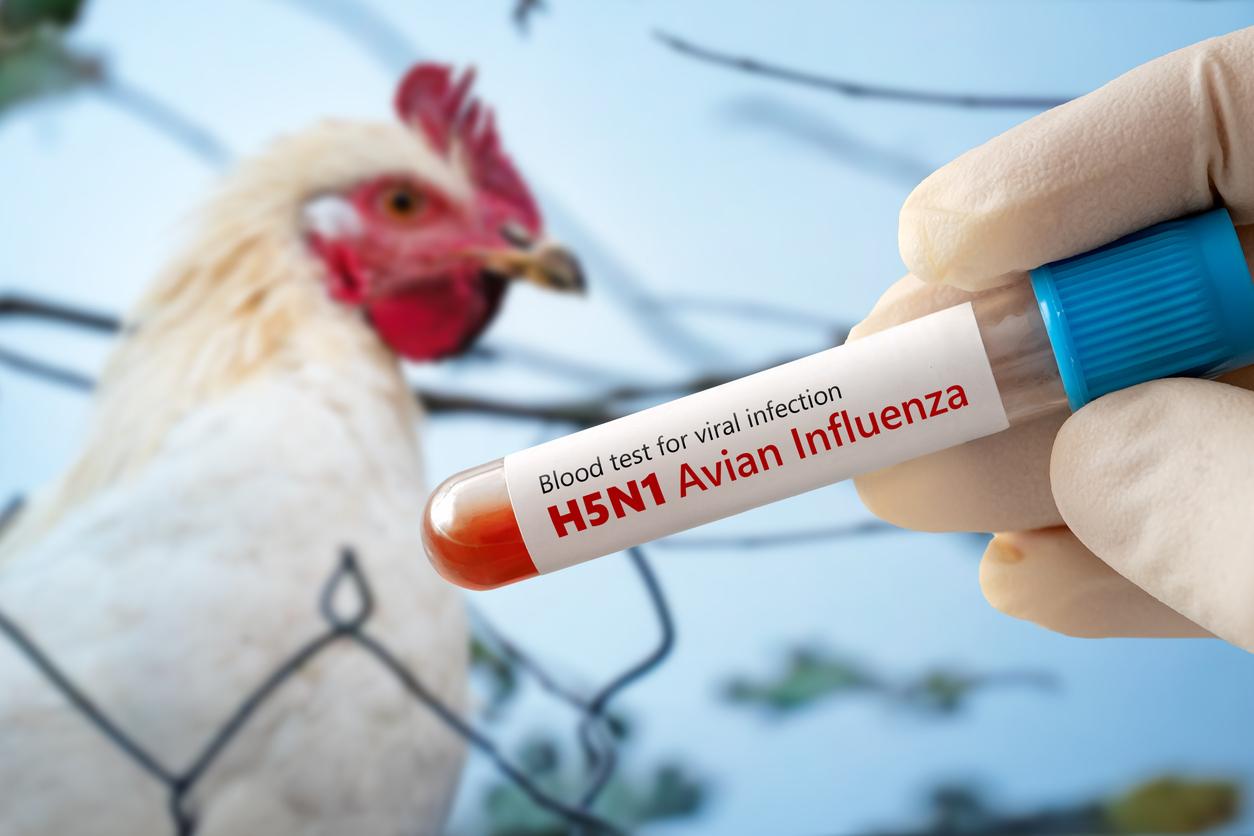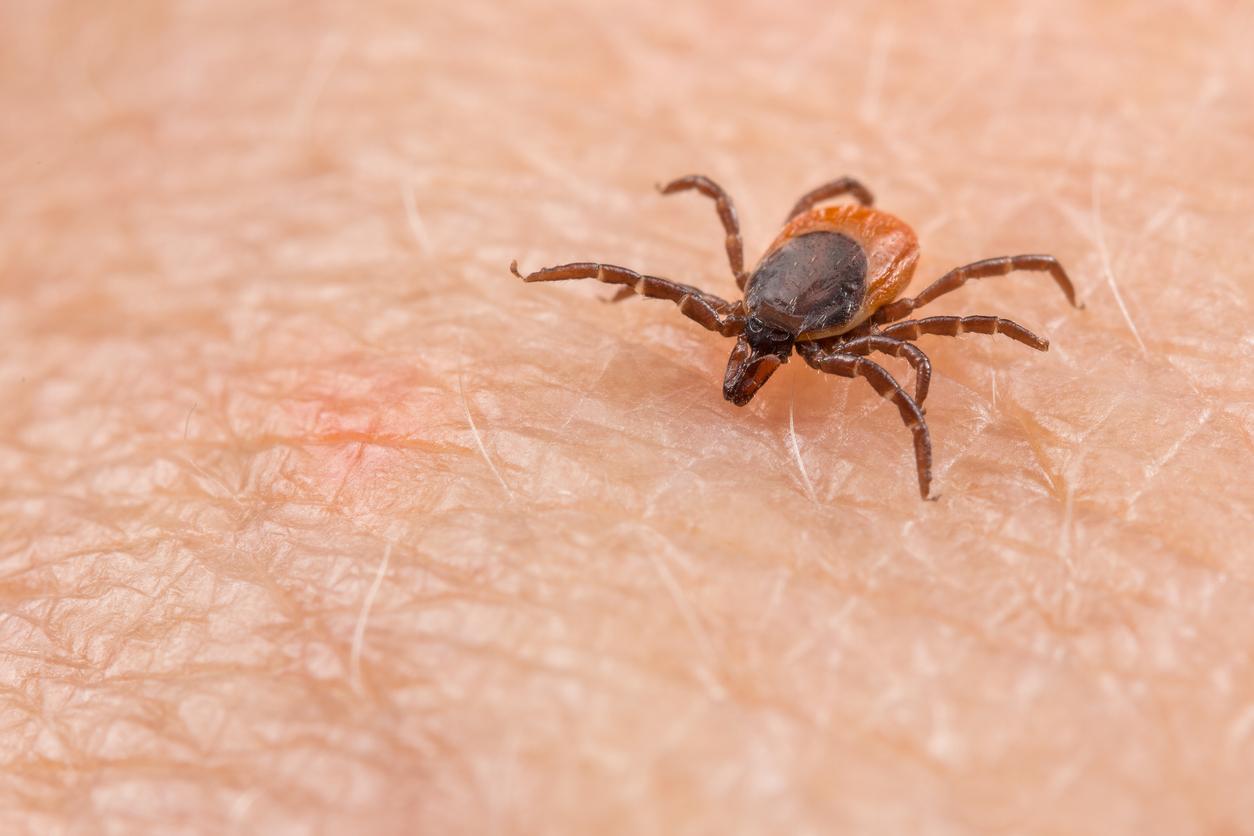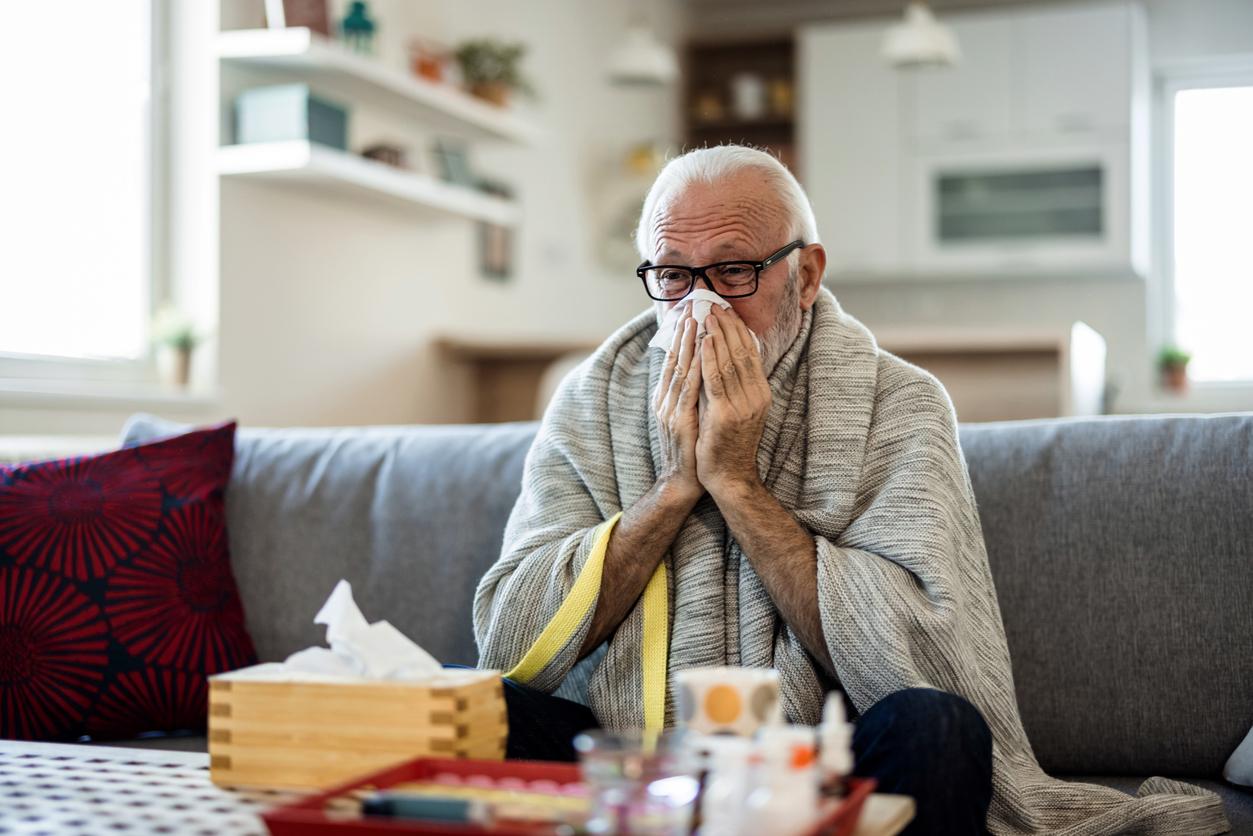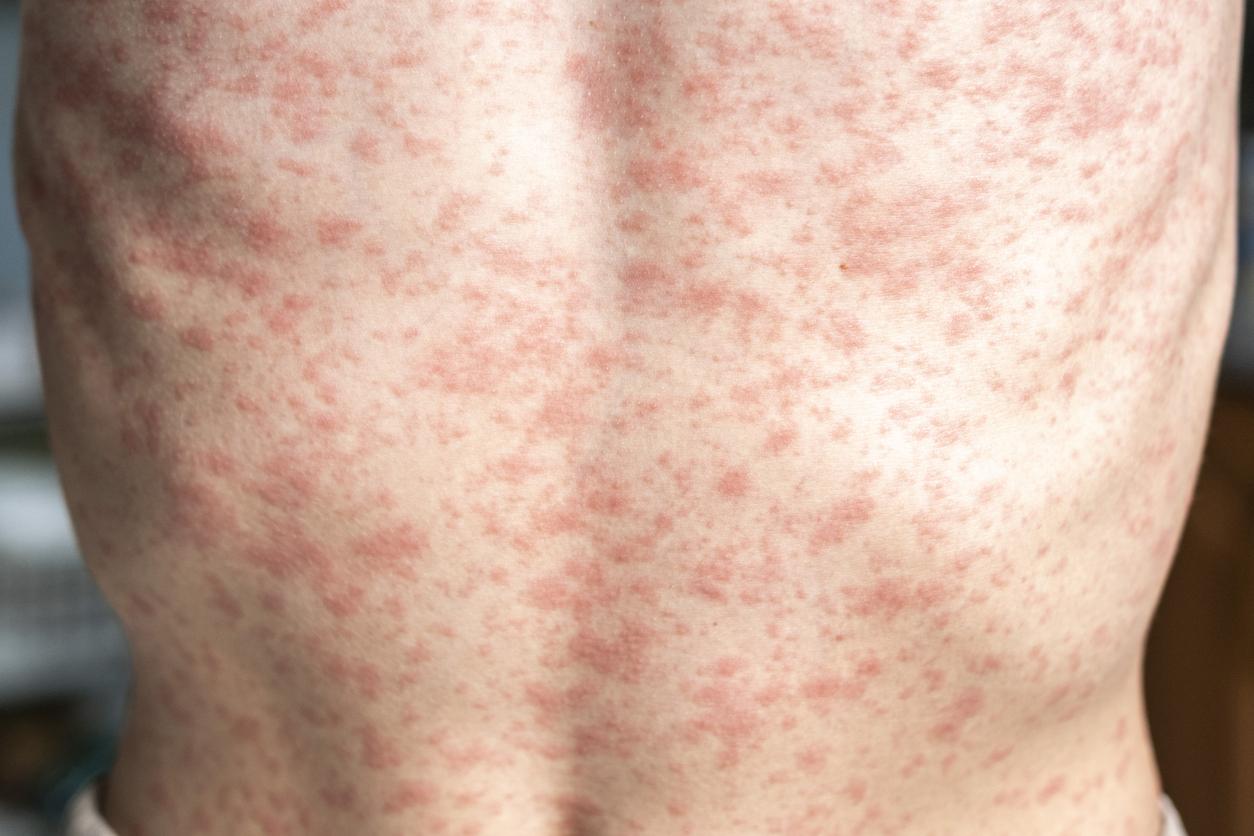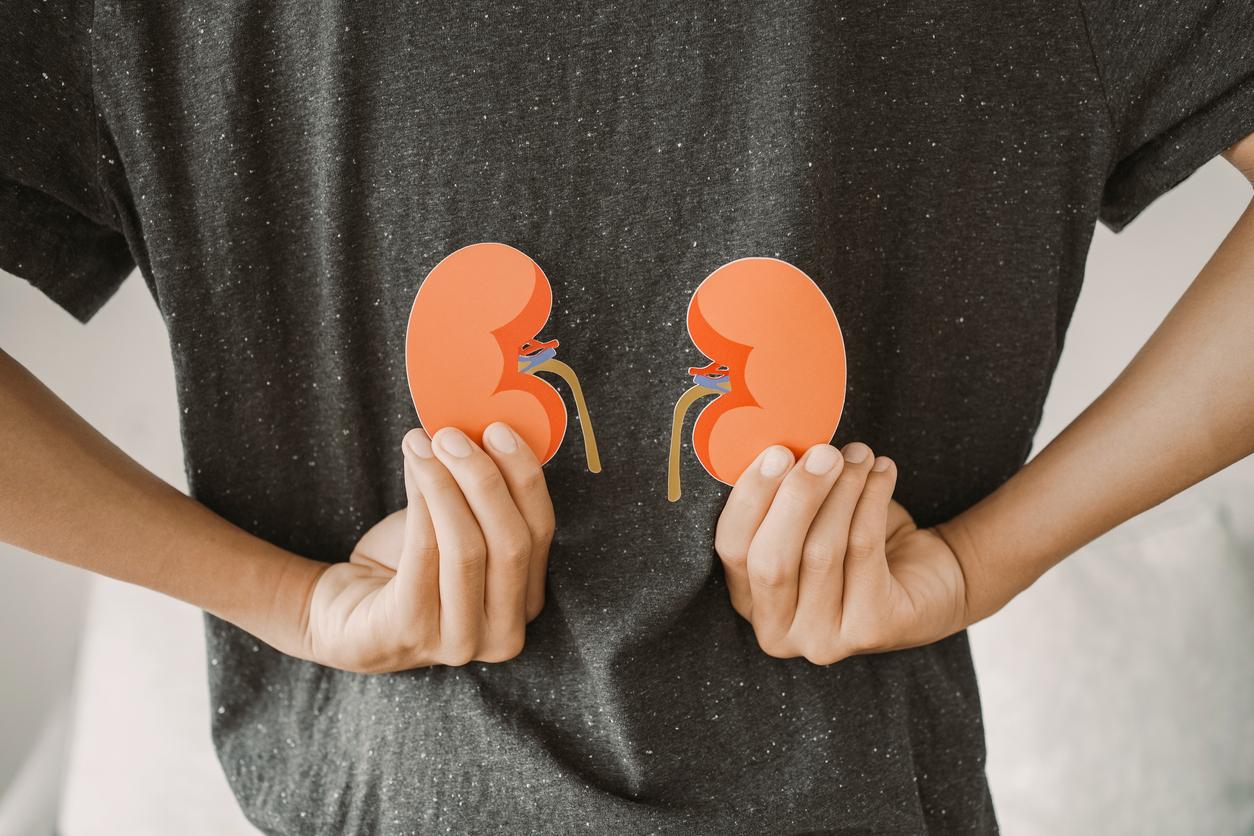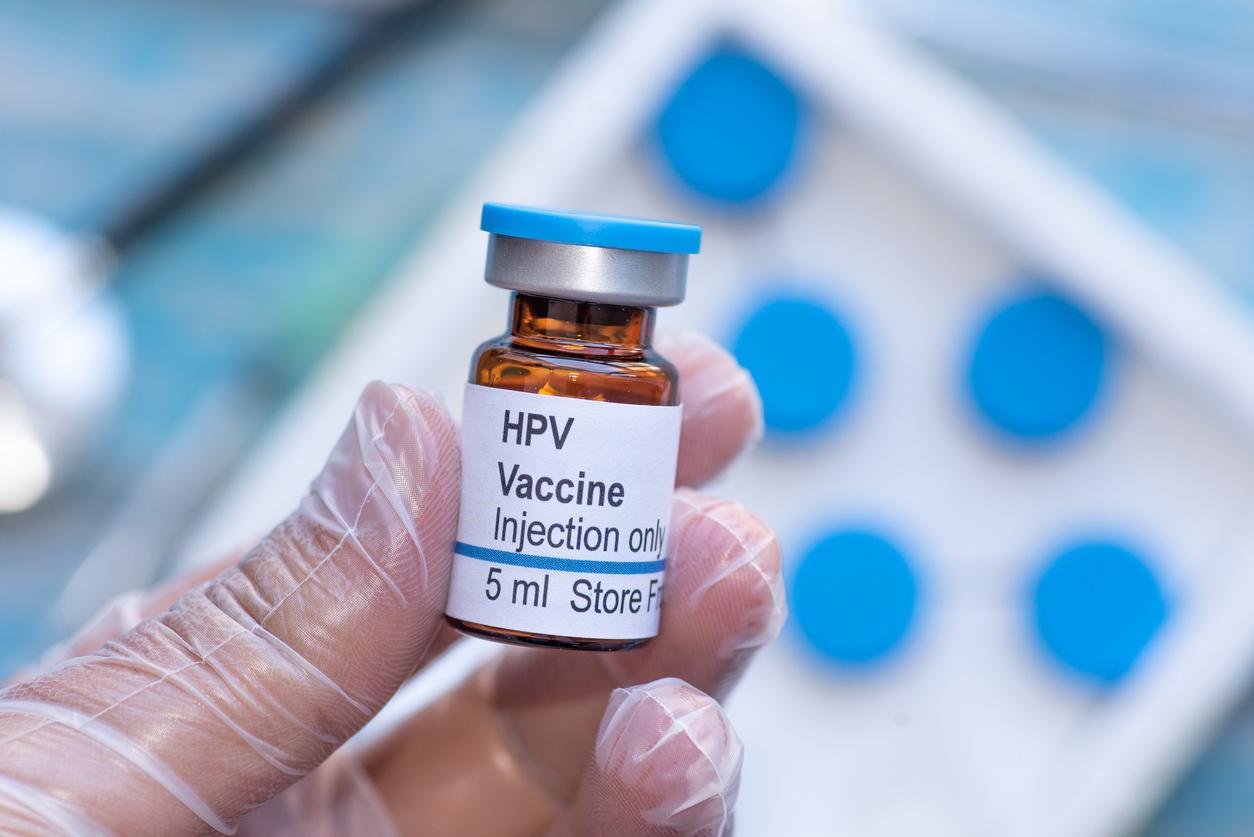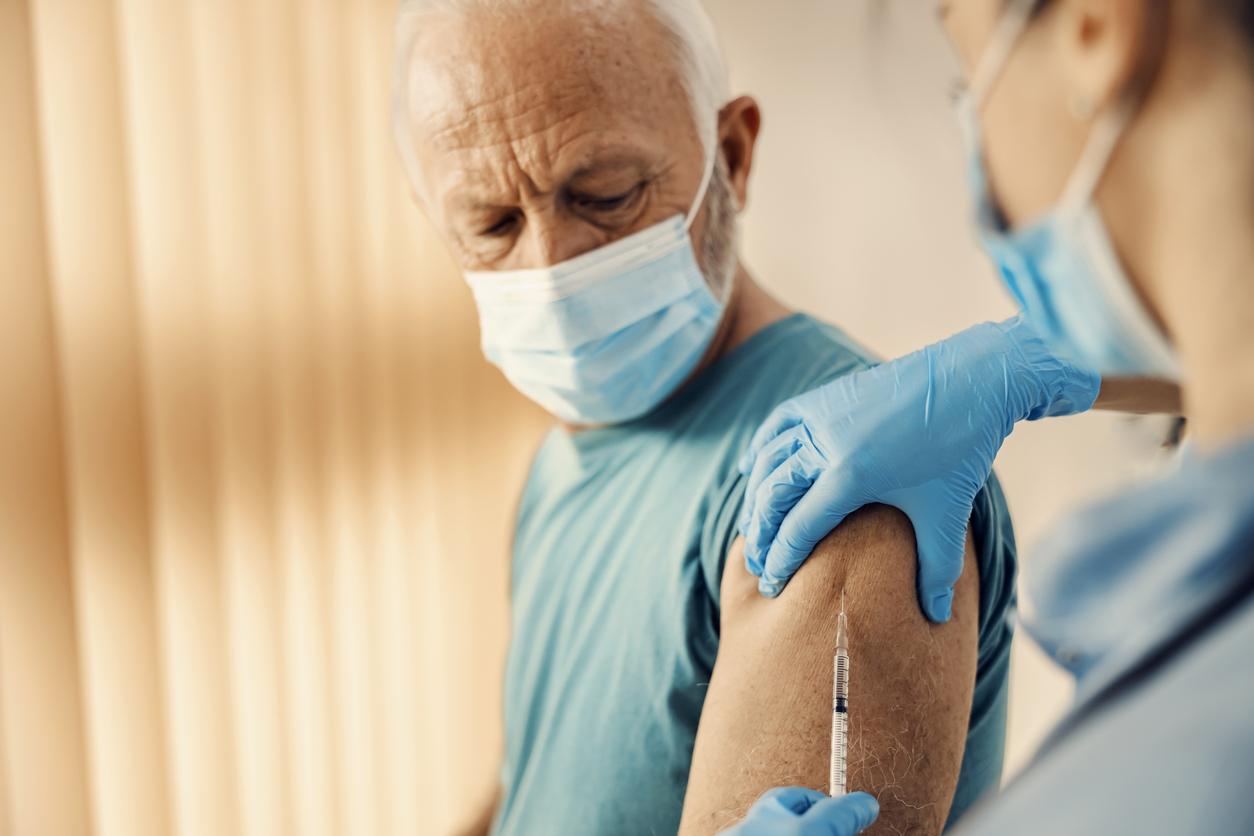
Soon, it will be possible to have the Messager Moderna RNA vaccine injected at your general practitioner.
The vaccine, using the same technology as the Pfizer vaccine, will land in city doctors across France. According to France Inter, 40,000 doses per week will be delivered to general practitioners in the most affected areas, then it will be a massive arrival in June, with several hundred thousand doses. For the moment, the Moderna serum is reserved for vaccination centers like its counterpart, Pfizer-BioNTech.
Moderna vaccine is easier to store
Its use is quite suitable for doctors, the RNA Messenger vaccine from the American laboratory can be stored, once thawed, at a temperature of around 2 to 8 degrees for 30 days. In comparison, Pfizer’s vaccine can only be stored for five days after thawing. A first phase of experimentation has already taken place in Moselle in April. According to the first figures announced on Tuesday at a press point by the Ministry of Health, 6,000 doses were administered during this test phase.
General practitioners will kill two birds with one stone
This new vaccine strategy that city doctors will apply will resolve two major problems they are currently facing. First, the Moderna vaccine can act as a second dose for a good number of French people vaccinated with the first dose of AstraZeneca, Doctor Richard Handschuhe, Parisian general practitioner in the 20th district confides at the microphone of France Inter “Every day, I get phone calls from patients who tell me ‘finally I think I’m not going to come, I prefer to have a messenger RNA vaccine in the second dose, I will manage to have it elsewhere’, explains the doctor. “All the colleagues who took the first doses made the same observation.”.
Second, general practitioners will be much more involved in the vaccination campaign and with their significant help, the vaccination schedule will be more easily achievable, as a reminder, the Head of State is targeting the 20 million French people vaccinated by mid-May. For the moment, only doses of AstraZeneca are injected into pharmacies. A vaccine that has difficulty finding takers since cases of thrombosis have been identified in France and Europe. According to the latest figures from the Department of Health, only 75% of the doses of the Swedish-British vaccine received were injected.



